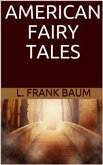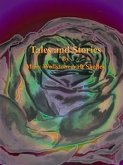It is customary to regard Mary Shelley’s claims to literary distinction as so entirely rooted and grounded in her husband’s as to constitute a merely parasitic growth upon his fame. It may be unreservedly admitted that her association with Shelley, and her care of his writings and memory after his death, are the strongest of her titles to remembrance. It is further undeniable that the most original of her works is also that which betrays the strongest traces of his influence. Frankenstein was written when her brain, magnetized by his companionship, was capable of an effort never to be repeated. But if the frame of mind which engendered and sustained the work was created by Shelley, the conception was not his, and the diction is dissimilar to his. Both derive from Godwin, but neither is Godwin’s. The same observation, except for an occasional phrase caught from Shelley, applies to all her subsequent work. The frequent exaltation of spirit, the ideality and romance, may well have been Shelley’s—the general style of execution neither repeats nor resembles him. Mary Shelley’s voice, then, is not to die away as a mere echo of her illustrious husband’s. She has the prima facie claim to a hearing due to every writer who can assert the possession of a distinctive individuality; and if originality be once conceded to Frankenstein , as in all equity it must, none will dispute the validity of a title to fame grounded on such a work.
Bitte wählen Sie Ihr Anliegen aus.
Rechnungen
Retourenschein anfordern
Bestellstatus
Storno









